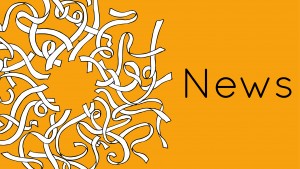 A new study has indicated that the influence of prestigious ‘high impact factor’ journals such as Science and Nature and the Journal of the American Medical Association is decreasing.
A new study has indicated that the influence of prestigious ‘high impact factor’ journals such as Science and Nature and the Journal of the American Medical Association is decreasing.
Vincent Larivière and colleagues at the University of Montreal investigated the power of a journal’s ‘impact factor’ to predict how many citations an article in it receives. The impact factor is a measure of the average number of citations per article in the journal over two years. This factor has had a huge influence on research: researchers aim to publish research in a high impact journal, to help them secure future funding. However, the current study found that the most cited articles are gradually being published in less high impact factor journals: according to Larivière, “In 1990, 45% of the… most cited articles were published in the top 5% highest impact factor journals. In 2009, this rate was only 36%.”
This trend began in the 1990s, and can be attributed to the rise in the popularity of the Internet, which allowed people to search for all articles regardless of where they were published. Therefore, Larivière argues that citations – not impact factor – should be used to assess articles. And it seems to be going that way.
According to Larivière, scientific journals only serve one function nowadays: peer review. But researchers are beginning to be frustrated at the high subscription prices charged by journals. Most UK universities pay between £4 and £6 million a year to certain publishers for journal subscriptions. Currently, there is a push amongst scientists for free open access journals. Since the taxpayer pays for much of the research, they argue it is only right that the taxpayer should be able to read the resulting paper free of charge.
Open access journals like PlosOne are gaining popularity, and this study may highlight a general trend for important research to move away from a few select journals into more varied publications, and perhaps make research more open to everyone.
![High impact factor scientific journals are becoming less influential A new study has indicated that the influence of prestigious ‘high impact factor’ journals such as Science and Nature and the Journal of the American […]](/wp-content/uploads/2011/10/News-image-01-620x300.jpg)